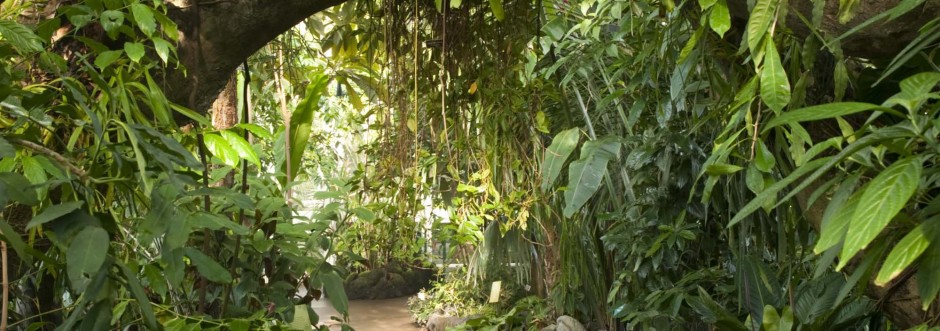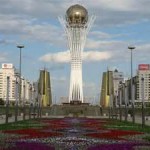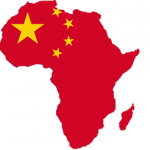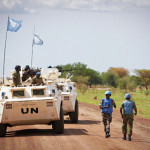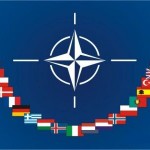“Civil War and Crisis in Côte d’Ivoire – An Analysis of the Steps Taken by the International Community to Prevent, Manage and Resolve the Conflict ” by Kapok Tree Diplomacy
Tag Archive for Laurent Gbagbo
PREVIEW – Civil War and Crisis in Côte d’Ivoire – An Analysis of the Steps Taken By the International Community To Prevent, Manage and Resolve the Conflict
(C) Kapok Tree Diplomacy. Oct 2010. All rights reserved. Jeff Dwiggins.
Essay consists of 11 pages, double-spaced + 26 references (3,293 words)
Table of Contents (TOC)
I. Introduction
A. Summary of the Sources and Causes of the Conflict
B. Background
II. Actions of the Main Actors
A. France
B. Burkina Faso
C. The United Nations (UN)
III. United Nations Operation in Côte d’Ivoire (UNOCI)
IV. UN Security Council (UNSC)
A. ECOWAS and the African Union (AU)
B. FN Zone Commanders
C. Independent Electoral Commission (CEI)
D. President Laurent Gbagbo and his party, the Front Populaire Ivoirian (FPI)
E. Prime Minister Guillaume Soro and the Forces Nouvelles (FN)
F. The World Bank (WB)
V. The Ouagadougou Political Accord (OPA)
A. Genesis of the OPA
B. Key Components
PREVIEW
Actions of the Main Actors
France. After a failed military coup on September 19, 2002, France quickly moved 700 troops into Côte d’Ivoire under a 1961 pact obligating it to defend its former colony from any external invasion (Kohler 31). But France also had 16,000 citizens and 210 subsidiaries of French companies (Kohler 31), in addition to $3.5 billion Euros in direct investment in industries like oil, gas, banking, pharmaceuticals and telecommunications to protect (Busch 52). Read more
